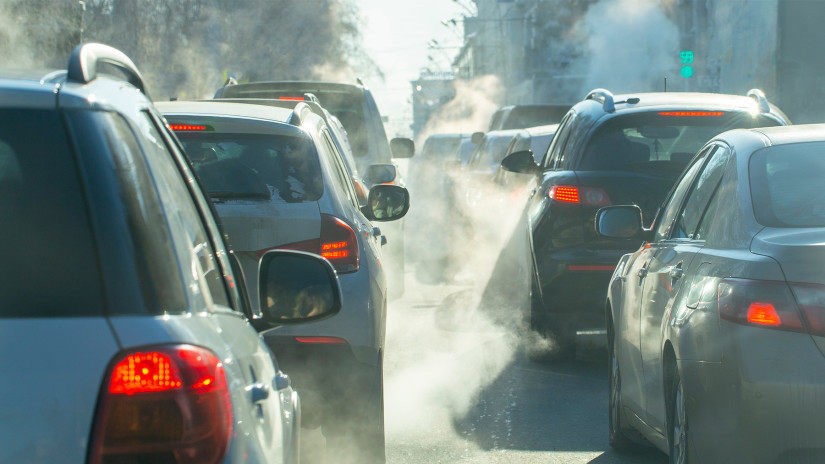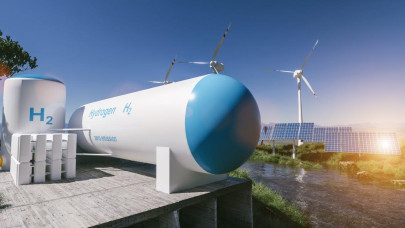MEPs agreed with the levels proposed by the Commission for pollutant emissions (such as nitrogen oxides, particulate matter, carbon monoxide, and ammonia) for passenger cars and proposed an additional breakdown of emissions into three categories for light commercial vehicles based on their weight. The adopted text proposes stricter limits for exhaust emissions by buses and heavy-duty vehicles, including levels set for real driving emissions.
Specific application time frames have been included for various Euro 7 provisions, linked to the entry into force of all secondary legislation. MEPs request the Commission to finalize this secondary legislation within 12 months of the primary legislation taking effect. Once that is done, light-duty vehicles would have 24 months, and heavy-duty vehicles would have 48 months to comply.
The Commission's exception for the entry into force of the requirements for small-volume manufacturers of light-duty vehicles would remain unchanged (1 July 2030). However, MEPs proposed a new date, 1 July 2031, for small-volume manufacturers of heavy-duty vehicles. Consequently, they proposed to modify the repeal dates, to allow the application of the current Euro 6/VI regulations for small-volume manufacturers, to 1 July 2030 for light-duty vehicles and 1 July 2031 for heavy-duty vehicles. This would ensure a smooth transition and phased implementation without any regulatory gaps.
MEPs want to align the EU's calculation methodologies and limits for brake particle emission and tire abrasion rate with international standards currently being developed by the United Nations Economic Commission for Europe. These rules would apply to all vehicles, including electric ones. The text also includes higher minimum performance requirements for battery durability for cars and vans than those proposed by the Commission.
Other proposed measures include:
- An up-to-date environmental vehicle passport (EVP) containing information such as fuel consumption, battery health, emissions limits, periodic technical inspection results;
- Stricter lifetime requirements for vehicles, engines, and pollution control systems;
- Obligation to install on-board systems for monitoring several parameters such as excess exhaust emissions, real-world fuel and energy consumption, and traction battery health;
- Specific rules for small and ultra-small volume manufacturers.
“We have successfully struck a balance between environmental goals and the vital interests of manufacturers. It would be counterproductive to implement environmental policies that harm both Europe's industry and its citizens. Through our compromise, we serve the interests of all parties involved and steer clear of extreme positions”, says Rapporteur Alexandr Vondra (ECR, CZ).
The report is scheduled to be adopted during the November I 2023 plenary sitting and will constitute Parliament's negotiating position with EU governments on the final shape of the legislation.
On 10 November 2022, the Commission proposed more stringent air pollutant emissions standards for combustion-engine vehicles, regardless of the fuel used. The current emission limits apply to cars and vans (Euro 6) and to buses, trucks, and other heavy-duty vehicles (Euro VI). The Euro 7 proposal also includes new measures to tackle non-exhaust emissions (microplastics from tires and particles from brakes) and requirements concerning battery durability.
According to the Commission, by 2035 Euro 7 would reduce nitrogen emissions from cars and vans by 35% compared to Euro 6, and by 56% compared to Euro VI for buses and trucks. Particle emissions from cars and vans would be 13% lower, and 39% lower from buses and trucks, while brake particles would be 27% lower.














